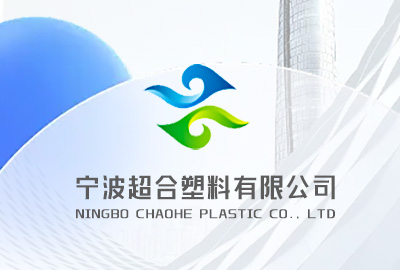Going Green: Environmentally Friendly Plastic Bag Raw Material Prices
Introduction:
In recent years, environmental consciousness has been on the rise, leading to more and more individuals and businesses making a conscious effort to adopt sustainable practices. One area that has witnessed significant change is the manufacturing and use of plastic bags. With a growing demand for environmentally friendly alternatives, the focus has shifted towards raw materials that can offer both functionality and sustainability. In this article, we will explore the latest trends in environmentally friendly plastic bag raw material prices and the benefits they offer.
1. Biodegradable Materials:
Traditional plastic bags are made from petroleum-based materials, which contribute to pollution and take hundreds of years to decompose. In contrast, biodegradable materials derived from natural sources, such as cornstarch and vegetable oils, are gaining popularity. These materials break down more easily and have a lower environmental impact. Biodegradable plastic bag raw material prices have become increasingly competitive, making them a viable option for businesses looking to align with sustainability goals.
2. Recycled Materials:
Another promising option in the market is recycled plastic bag raw materials. Recycling plastic eliminates the need for new resources and reduces waste. Companies are now investing in advanced recycling technologies that can process previously used plastic bags and turn them into high-quality materials for new bag production. This helps reduce the demand for new raw materials and supports a circular economy. As the technology improves and the demand for recycled materials grows, the prices are becoming more competitive.
3. Plant-Based Materials:
Plant-based plastic bag raw materials, such as polylactic acid (PLA), are produced from renewable resources, such as corn or sugarcane. These materials are compostable and have a reduced carbon footprint compared to traditional plastics. As governments and organizations push for sustainable practices, the demand for plant-based materials is on the rise, leading to increased production and a decline in prices. Moreover, advancements in manufacturing techniques have resulted in improved durability and strength, making plant-based plastic bags a practical and eco-friendly choice.
4. Market Impact:
The change in consumer preferences towards eco-friendly alternatives has led to a shift in the market dynamics. Suppliers are now more inclined to offer environmentally friendly plastic bag raw materials in response to growing demand. This has created healthy competition among manufacturers, resulting in more affordable prices for sustainable options compared to a few years ago.
Conclusion:
As the global community continues to prioritize sustainable development, the availability and affordability of environmentally friendly plastic bag raw materials have significantly improved. Biodegradable, recycled, and plant-based materials now offer viable alternatives to traditional plastic bag production. With competitive prices and improved performance, businesses can now make the transition towards sustainable packaging solutions, reducing their environmental footprint and meeting the demands of conscious consumers. Embracing the change not only benefits the planet but also presents an opportunity for companies to position themselves as leaders in environmental responsibility.
PP PE PVC Directly supplied by the manufacturer
Mr. Lu (0574-88303209)
Company Address: 16/F, Leimengde Building, No. 10, Lane 818, Qianhe South Road, Yinzhou District, Ningbo City, Zhejiang Province
